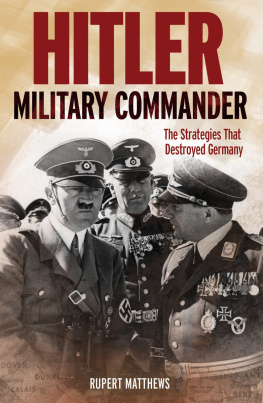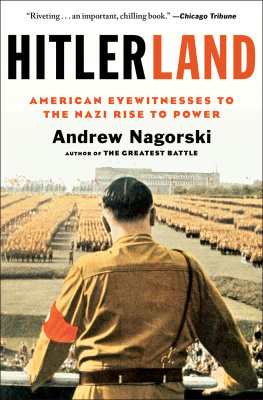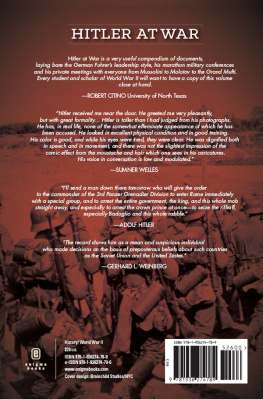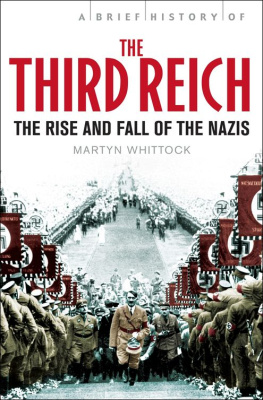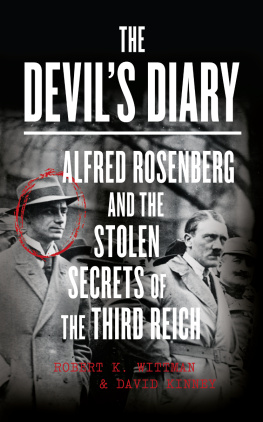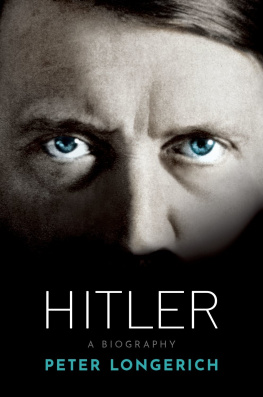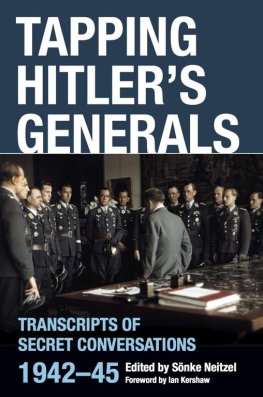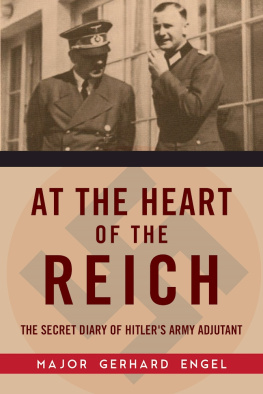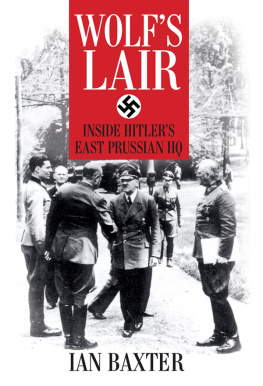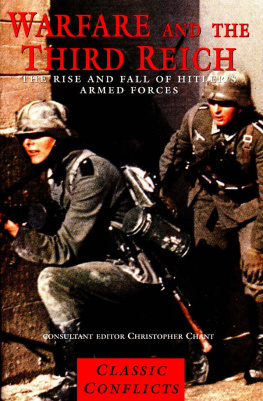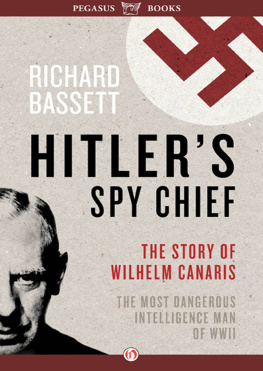


Copyright by Arcturus Holdings Limited
Originally published by Arcturus Publishing Limited
First Skyhorse Publishing Edition 2018
All rights reserved. No part of this book may be reproduced in any manner without the express written consent of the publisher, except in the case of brief excerpts in critical reviews or articles. All inquiries should be addressed to Skyhorse Publishing, 307 West 36th Street, 11th Floor, New York, NY 10018.
Skyhorse Publishing books may be purchased in bulk at special discounts for sales promotion, corporate gifts, fund-raising, or educational purposes. Special editions can also be created to specifications. For details, contact the Special Sales Department, Skyhorse Publishing, 307 West 36th Street, 11th Floor, New York, NY 10018 or .
Skyhorse and Skyhorse Publishing are registered trademarks of Skyhorse Publishing, Inc., a Delaware corporation.
Visit our website at www.skyhorsepublishing.com.
10 9 8 7 6 5 4 3 2 1
Library of Congress Cataloging-in-Publication Data is available on file.
Cover design by Dani Leigh
Cartography Peter Harper
Photographs Robert Hunt Library except pp. 85, 87, 178, 179, courtesy of Wharton Military
Collectables from film unexposed until 2002, probably personal photographs from Operation Barbarossa June/July 1941
ISBN: 978-1-5107-3394-7
E-Book ISBN: 978-1-5107-3400-5
Printed in the United States of America
CONTENTS

By December 1941 the Nazi flag of Germany dominated Europe

INTRODUCTION
Hitler is the greatest military commander of all time.
Field Marshal Wilhelm Keitel
Hitler is a jumped up Bohemian Corporal.
Field Marshal Paul von Hindenburg
A s a military man Hitler won victories that many professionals considered impossible to achieve. He formulated plans that were bold to the point of rashness. He enthused his men with a confidence and morale that took them through defeats and reverses that would have broken other armies. The sheer scale of Hitlers military achievement is breathtaking.
Yet Hitler led his superb armed forces to total and crushing defeat. With the world seemingly at his feet, Hitler threw it all away and ended his days as the demented commander of a few square yards of rubble in what had once been his capital city. Whatever qualities Hitler had for good or for bad, he had them in abundance: for Hitler there was rarely a middle way or a reason to compromise. That is what brought him his successes and what caused his downfall.
There are many attributes which are essential in a military commander. Napoleon, for instance, thought that luck was the most important asset in a general. Hitler had plenty of luck, but other qualities essential to a commander were entirely lacking. He had no real empathy with the men he commanded. Despite having served in the trenches of the First World War, Hitler could without any remorse send an entire army to their deaths, as at Stalingrad. The sufferings of those he commanded were as nothing to him, and as a result he had no real idea of their morale and abilities. Nor did he have any real competence in the business of moving his forces and getting them into action. Supply lines and logistics were closed books to Hitler. Where he relied on his staff officers to work out these mundane practicalities, and listened to their opinions of what was and was not possible, Hitler did well. But where he organized these matters for himself, his efforts were doomed to failure.
HITLERS GIFTS
Yet there can be no doubting Hitlers gifts. His grasp of strategy was, almost to the end, superb. He could correctly identify the essential objectives for his attacks and, very often, the best way to secure them. Even during his last days in Berlin, Hitler could foresee that the continent of Europe would soon be split between capitalist west and communist east, and that Germany would eventually rise again to hold the balance between the two.
His ability to foresee the reactions of his opponents was also highly developed. He correctly predicted that the French would not oppose the remilitarization of the Rhineland and that Austria would welcome the German troops when they marched over the border. Not until 1940 was he confounded. He expected the British to make peace once France was defeated, but these expectations were disappointed: Hitler had failed to take Winston Churchill into account.
Perhaps what Hitler had working for him most was the tremendous influence of his willpower and personality on the performance of the German armed forces. He could inspire devotion in the hardest of men and stir thoughts of victory in those facing abject defeat. More than once it was Hitlers blind refusal to accept defeat that held the German army together. But then it was that same refusal to accept the inevitable that caused him to take Germany down to ultimate destruction.

Hitler studying a map with his Staff, whom he treated more as underlings than assistants
Hitler was in reality a better politician than military commander. It was when he was using military force to resolve political disputes that he was at his best and when attempting to use politics to solve military problems that he was at his most useless. He was also a better soldier than he was a commander. In the trenches of the Great War, Hitler excelled as a front line infantryman. His courage and skills were never in doubt, though it is telling that despite being awarded the Iron Cross Second and First Class, he was never put forward for promotion above the rank of corporal.
Nor can the true evil of the uses to which he put his military gifts be overlooked. Hitler did not use his gifts to save a peaceful nation from sudden danger nor to overcome tyranny. He used his military abilities, and the superb fighting machine of the German Wehrmacht, to spread evil, death and destruction across Europe. Even if Hitler had been a far greater military figure than in truth he was, these facts could be neither forgotten nor forgiven.
For Hitler military power was merely a means of furthering his agenda of retribution, extermination and conquest. He was always a Nazi first and a commander second.

The men of the Sturmabteilung on parade in Berlin. The SA was the enforcement arm of the Nazi Party

HITLERS HIGH COMMAND
Germanys senior generals were initially suspicious of Hitlers military abilities, but his early successes kept them quiet while his appointment of loyal men to key positions ensured obedience
Next page
